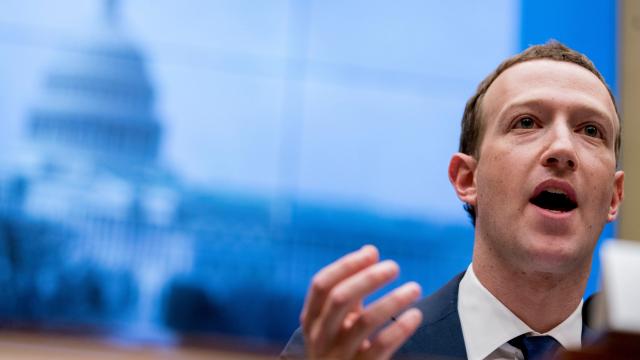Facebook has announced a partnership with the Atlantic Council aimed at expanding its understanding of disinformation campaigns and other emerging threats to democratic elections worldwide.
The think tank’s Digital Forensic Research Lab will partner with Facebook’s security, policy, and production teams in the hopes of increasing awareness of how the platform is being abused, Facebook’s Katie Harbath, global politics and government outreach director, said in a post Thursday.
Atlantic Council’s president and CEO, Fred Kempe, first announced the partnership at a gala in Washington last week.
The union will provide Facebook with more “eyes and ears,” said Harbath, “enabling us to more effectively identify gaps in our systems, preempt obstacles, and ensure that Facebook plays a positive role during elections around the world.”
“Facebook will also use the Atlantic Council’s Digital Research Unit Monitoring Missions during elections and other highly sensitive moments,” Harbath said. “This will allow us to focus on a particular geographic area – monitoring for misinformation and foreign interference and also working to help educate citizens as well as civil society.”
The announcement follows more than a year of trouble globally as election interference ranging from disinformation to impersonation have plagued the United States and its allies overseas. Much of the blame has been pinned on the Russian government, which US intelligence accused of utilising targeted Facebook ads to influence the 2016 election.
Tens of thousands of fake Facebook profiles were eliminated in September ahead of Germany’s national elections. Similar efforts took place last year ahead of the France’s national election, during which Russian intelligence is said to have deployed fake Facebook accounts in an effort to spy on President Emmanuel Macron’s election campaign.
After addressing a year’s worth of questions over Russian interference in the US election, and agreeing to more closely monitor political ads on the platform, Facebook has struggled to recover from controversy stemming from the unauthorised sharing of Facebook user data to Cambridge Analytica, the political consultancy tied to Donald Trump’s presidential campaign.
The firm, which is said to have acquired data on 87 million Americans without consent, permanently shut its doors earlier this month, unable to salvage its brand.
Last week, Facebook released a content moderation report that showed the company was catching more objectionable content, from sexualized nudity to terrorist propaganda. The company said that fake accounts represent roughly 3-4 per cent of monthly active user base. Facebook said it removed more than 583 million fake accounts in the first quarter of this year alone.
